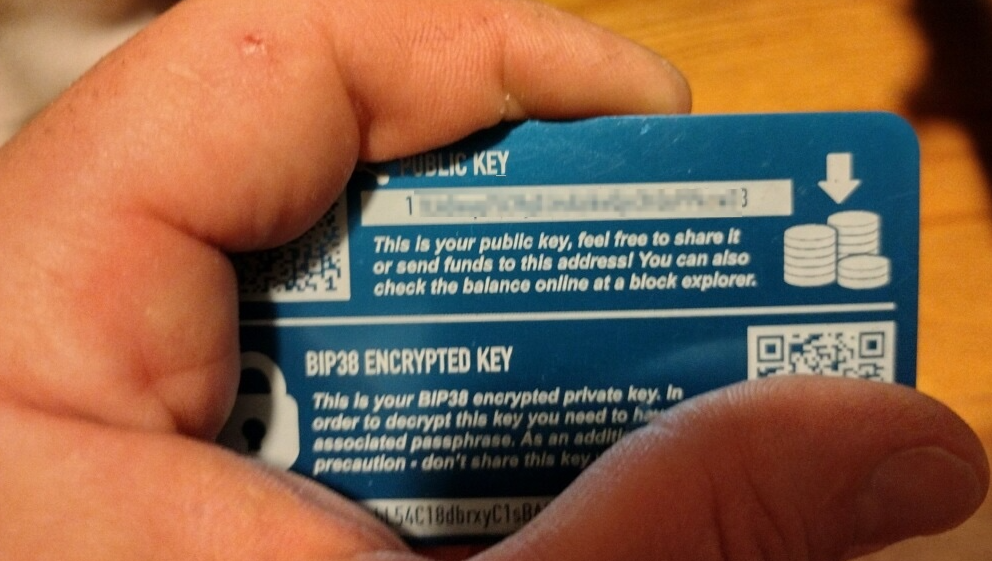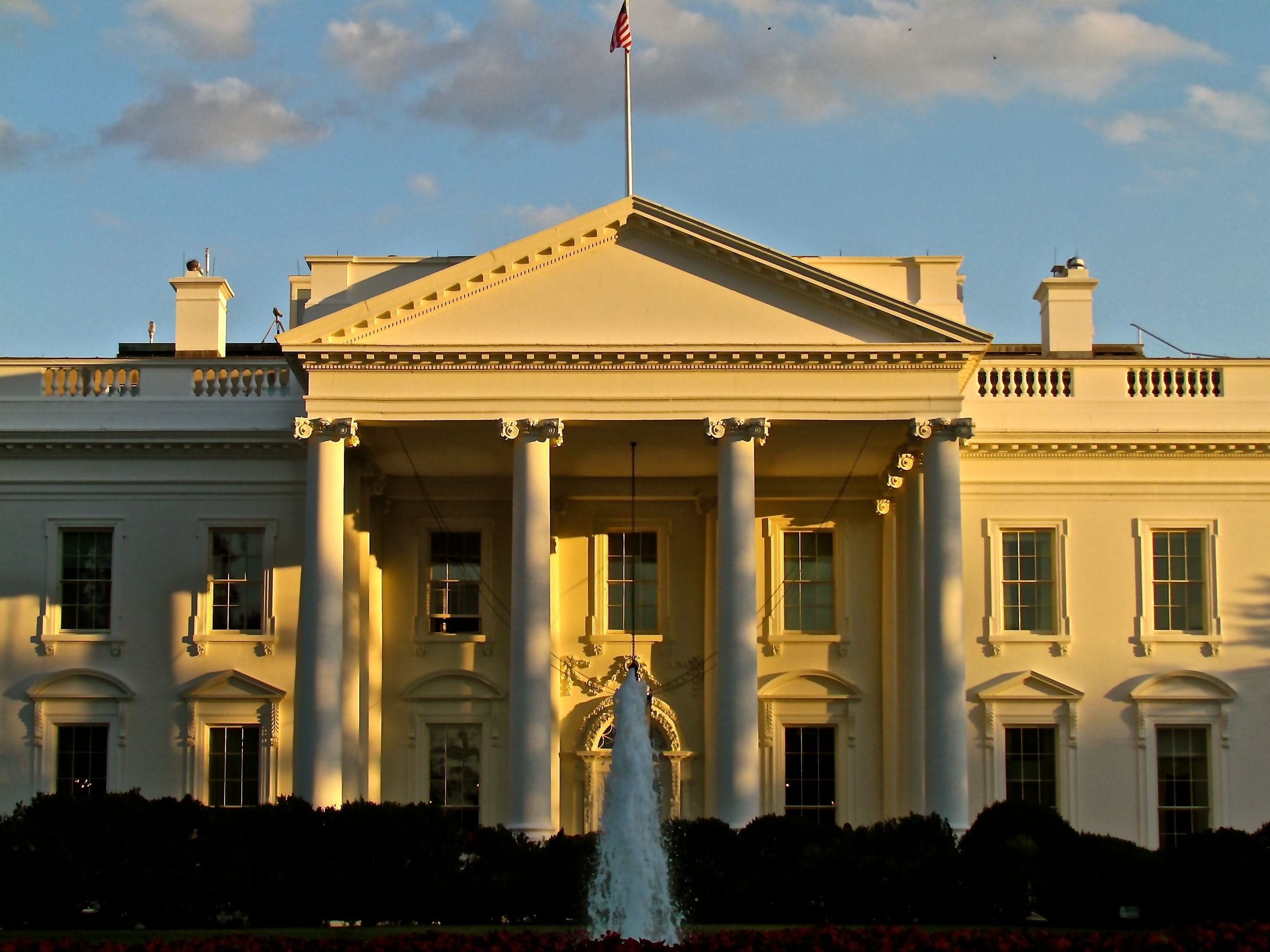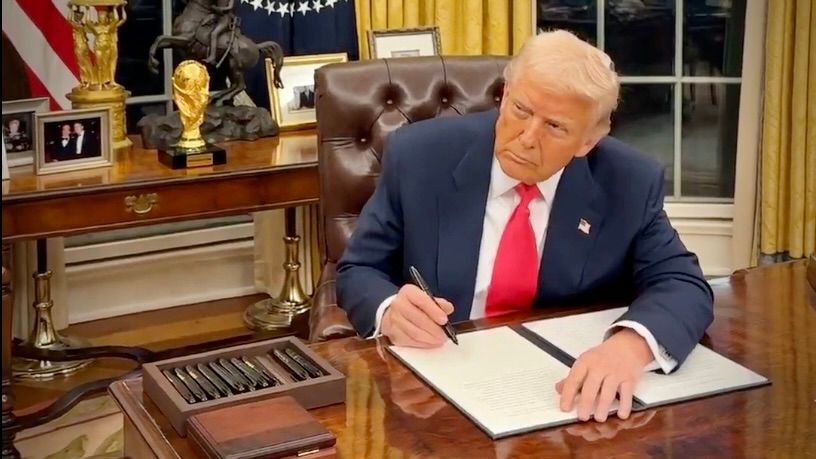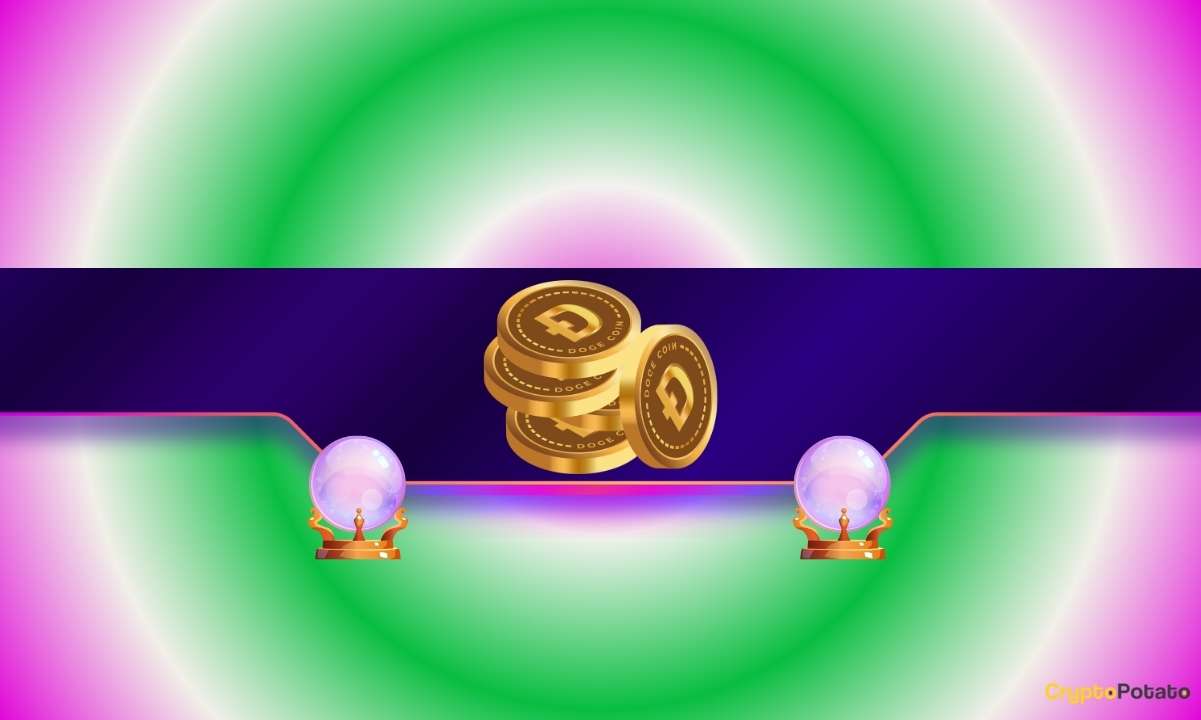Learning from a Forgotten Bitcoin Wallet
A Sailing Buddy’s Request
Last June, a sailing buddy (and aerospace engineer) asked if I could check out a family friend’s "bitcoin." He forwarded me an image of a plastic bitcoin wallet held with a private key partially obscured. The family friend had received the card as some sort of "gimmick at a conference" and tossed it in a drawer.
Imposter Syndrome
This is one of those moments where I find imposter syndrome perched on my shoulder, nodding its head, lips pursed. Two years in the business preceded by another two monkeying around in my personal account didn’t give me nearly enough crypto cred to say, "Oh, yeah, wow. I remember these." Fine, I’m a noob. I made a no-promises disclaimer and quickly changed the subject.
Uncovering the Mystery
Back home, I opened the image and set to work with the solemn determination of Quincy, M.E. (although forensic examination is an inapt metaphor, given the complete absence of foul play). How did these ancient wallets work? If the private key is printed on the card, how is that secure? I knew BIP39, but what’s BIP38?
Learning Ensues
Learning ensued. Then, I checked the bitcoin blockchain and noted that exactly one bitcoin had been moved to this address nine-and-a-half years earlier, when a bitcoin fetched just over $325. No activity since. As for the obscured BIP38 "private" key, you need a passphrase to decrypt it. Uh-oh. Did the family friend save the passphrase for ten years, on a Post-it now worth $100,000?
The Power of Crypto Education
This week, we were out to see a show with a different group of friends. I offered to reimburse them for our tickets with crypto. "Set up a Phantom wallet, copy and securely store the seed phrase, and send me your Ethereum address. I’ll pay you in ether or USDC, your choice."
Why ETH or USDC?
I saw all the faces. Chuckle, eyeroll, are you serious, wait-a-minute, hmmm, why not, OK! I’m still waiting for that Ethereum address, but I have no doubt this will happen. Another "gimmick," ten years later.
Why ETH or USDC? Why not bitcoin? In 2025, bitcoin is no longer a mystery. Folks get it, and if they are thinking about buying a digital asset, they’ll find bitcoin on many shelves. It’s a store of value. It’s scarce. As more buyers enter the market over time, its value should rise.
The 5%ers
Many folks do not get Ethereum, nor smart contract platform blockchains. Folks don’t get stablecoins either, nor the fact that they rely on other blockchains, and involve paying fees in ETH or SOL or a dozen other blockchain coins. For the "5%ers" — those who will eventually spend 5% of their investing energy and resources on crypto — this feels like the next key intuition unlock.
Primary Research
There is no better way to get there than to put a few "learning dollars" (i.e., not "investment dollars") on-chain and move them around. I hope my friends take their new USDC and throw some on AAVE, bridge some to Solana, and buy something on Uniswap.
Conclusion
In conclusion, the power of crypto education lies in its ability to demystify the complex world of digital assets. By sharing our experiences and knowledge, we can empower others to take control of their financial futures. Whether it’s bitcoin, Ethereum, or other cryptocurrencies, the key to success lies in understanding the underlying technology and taking the first step.
FAQs
Q: What is BIP38?
A: BIP38 is a method of encrypting private keys using a passphrase.
Q: How does a BIP38 private key work?
A: A BIP38 private key is encrypted using a passphrase, which must be entered to decrypt the key.
Q: Why did the family friend save the passphrase for ten years?
A: Unfortunately, the family friend did not save the passphrase, leaving the private key inaccessible.
Q: What is the difference between bitcoin and Ethereum?
A: Bitcoin is a store of value and a scarce digital asset, while Ethereum is a smart contract platform blockchain.
Q: Why should I invest in crypto?
A: Investing in crypto can provide a new way to diversify your portfolio and potentially earn returns.
Q: How do I get started with crypto?
A: Start by educating yourself on the basics of cryptocurrency and blockchain technology. Then, set up a wallet and explore different digital assets.










